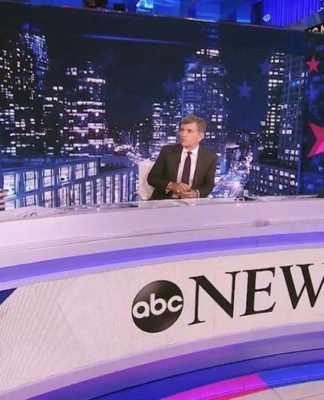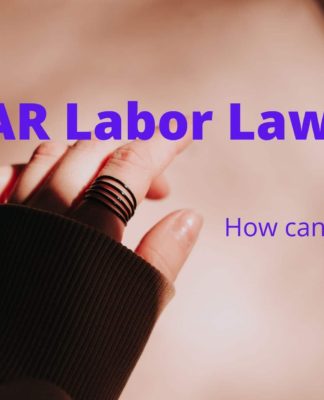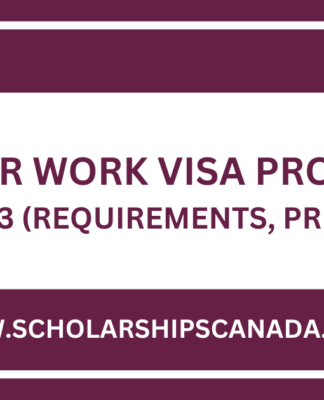Exclusive
Treasury poised to shelve crackdown on ‘buy now pay later’ sector
Ministers are leaning towards delaying plans to bring companies such as the Klarna under the supervision of the City watchdog, Sky News learns.
Mark Kleinman
City editor @MarkKleinmanSky
Saturday 15 July 2023 12:43, UK
Listen to this article
0:00 / 3:50
1X
BeyondWords
Audio created using AI assistance
Klarna logo
Why you can trust Sky News
The government is poised to shelve plans to crack down on Britain’s fast-growing ‘buy now pay later’ (BNPL) industry amid Whitehall concerns that it could curb the availability of low-interest products.
Sky News has learnt that Treasury officials have been told during recent talks with the industry that a number of its biggest players could quit the UK market if they are subjected to “heavy-handed” regulation.
One source said this weekend that a final decision had yet to be taken but that the Treasury was leaning towards kicking the proposals into the long grass.
Such a move would infuriate consumer campaign groups which have argued that the BNPL sector is in need of urgent regulation by the Financial Conduct Authority (FCA).
Andrew Griffith, the City minister, is still said to be considering a range of options following the recent conclusion of a process to consult on draft legislation.
BNPL providers have exploded into the financial mainstream in recent years, with companies such as Klarna and Clearpay attracting multibillion-pound valuations.
In total, well over £10bn has been lent to consumers by BNPL companies in the last three years.
MORE FROM BUSINESS
Kemi Badenoch
‘A significant milestone for UK trade’: Britain signs deal to join £12trn Indo-Pacific trading block
James Asquith
Entrepreneur James Asquith buys up second hand A380 planes to start world’s newest airline
Photo by: STRF/STAR MAX/IPx Etsy revenue more than doubles, blowing out Wall Street estimates. STAR MAX Photo: Etsy logo photographed off an iphone SE 2020.
‘I can’t afford food’: Etsy sellers’ income wiped out as it holds thousands in sales reserves
The government has previously said that more stringent oversight of their products could protect as many as 10m Britons from “un constrained borrowing”.
The Treasury announced in February 2021 that it would bring unregulated BNPL services under the auspices of the FCA.
It subsequently published a consultation on a policy approach, followed by a consultation document on draft legislation in February this year.
However, responses to the latter are said to have yielded warnings that legislation could trigger the withdrawal of interest-free BNPL products, with ministers concerned about the impact of such a move during Britain’s cost-of-living crisis.
One source said that delaying the proposals would not necessarily mean scrapping them altogether.
“One option is to look at this as part of work to update the Consumer Credit Act, which the Treasury announced last year,” one insider said this weekend.
Klarna has previously declared itself in favour of “proportionate” regulation of the sector.
In April, it said: “Klarna has always supported BNPL regulation and we agree with much of the contents of HMT’s consultation.
“However, we are concerned with the suggestion to copy and paste Consumer Credit Act rules on credit agreements, which are outdated and don’t protect or inform consumers.
“Quite the opposite, they leave consumers confused and, ironically, push them towards expensive and higher-risk forms of credit.
“With BNPL regulation the government has a golden opportunity to be bold and create new rules to give consumers the right information at the right time so they can make informed decisions.”
In May, Klarna launched what it described as Britain’s first ‘credit opt-out’ product to give consumers greater control of their finances.
It said the idea had been suggested by Mr Griffith during a meeting between him and Sebastian Siemiatkowski, the company’s co-founder and chief executive.
“As this government seeks to protect UK borrowers by bringing forward proportionate regulations for Buy-Now-Pay-Later products, I welcome this initiative which shows how a responsible business can use innovation to help protect vulnerable customers,” Mr Griffith said in May.
Klarna’s valuation was slashed by 85% in a funding round a year ago in which it was valued at $6.7bn, partly as a result of fears about growing regulation.
The Treasury has been contacted for comment.

















![List Of Profession Eligible For Family Visa In #Qatar2022 [Salary Occupations]](https://welcomeqatar.com/wp-content/uploads/2022/07/maxresdefault-1-324x400.jpg)












